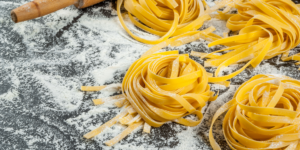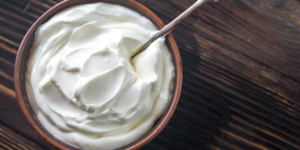Cooking can be a delightful experience, but it’s not without its challenges. Many obstacles can stand in the way of a successful meal, whether eggshells in your food or sticky pasta. This article will share some clever solutions to everyday cooking problems and these are cooking hacks that actually work.
No more sticky pasta
You tried all the rules in the book: You used a large pot, cooked with a large quantity of salted water, and did your best not to overcook it, yet the pasta ended up being sticky, and it just seems as if you can’t win with this meal.
Sticky pasta is one cooking disaster that many people have had to deal with at one point or another. A few people recommend adding some oil to it, but if you’ve tried this before, you would know that it doesn’t always help. Moreover, for recipes like spaghetti bolognese, doing this will prevent your pasta from soaking in all the flavors in the sauce.
You can cook the perfect pasta by adding it into the pot only after the water has boiled and then stirring it continuously. This stirring prevents the starch in the pasta from creating a sticky mass and clumping together.
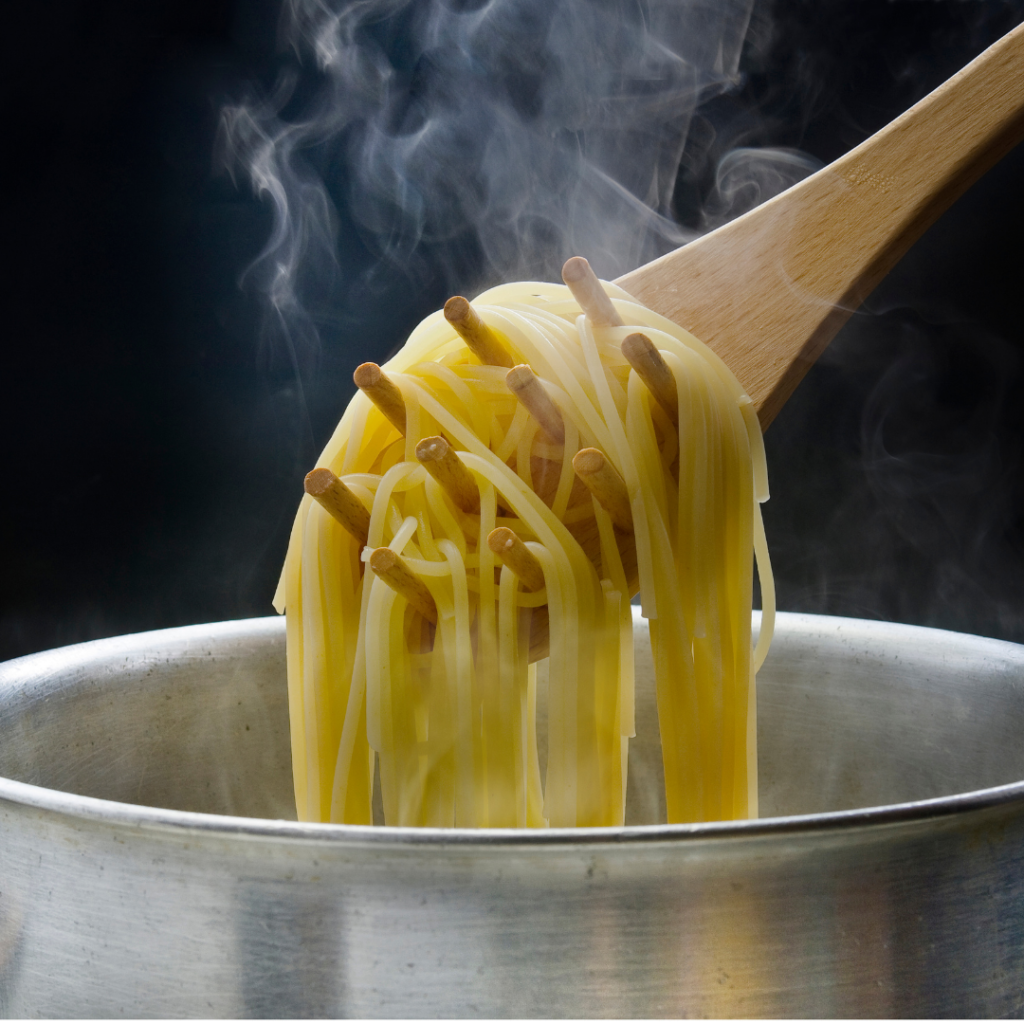
Thawing frozen butter faster
Frozen butter can slow down your cooking process. Microwaves are usually not an option; placing the container in hot water would only melt the oil phase out. This often leaves you waiting long before you can use your butter.
The solution is to cut your butter into cubes. This allows it to soften faster than it would when it’s the whole stick being thawed.
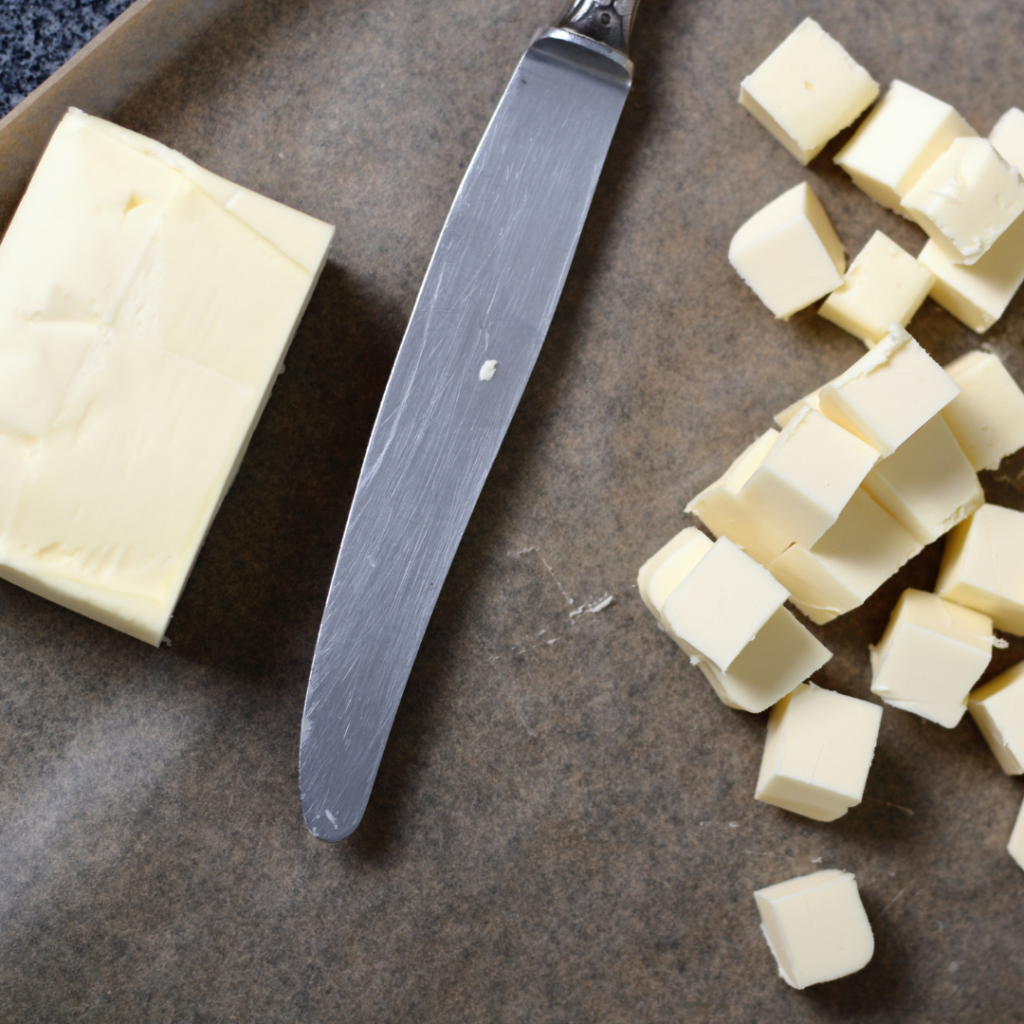
Wilting and rotting vegetables
Most vegetables have an annoyingly short shelf life; hence, it is often difficult to buy them in bulk. Except you use vegetables the day they’re bought, you may end up contributing to the food waste problem of the world.
Placing herbs with stalks, such as cilantro, in a cup of water and then wrapping the rest of it with nylon so that it is not exposed to air will elongate the shelf life of such vegetables. This will keep your verbs fresh for a long time.
For vegetables like bell peppers, wrap each pepper in a dry paper towel and place it in a storage bowl before keeping it in the fridge. This keeps the moisture locked out and reduces spoilage.
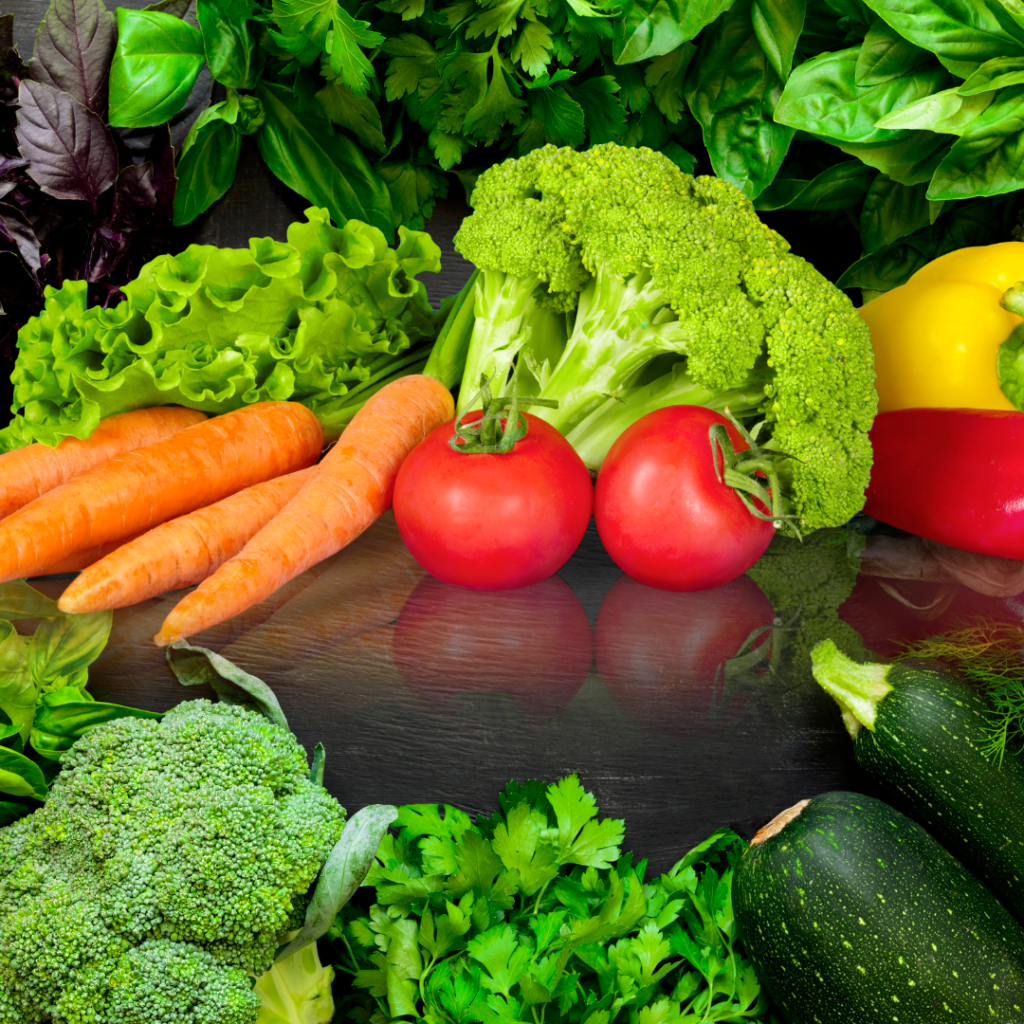
Makeshift rolling pin
Baking is fun, but when you don’t have the basic utensils required for a certain recipe, it becomes a hassle. A rolling pin is one baking utensil that is not commonly found in homes and this may be your case. Nevertheless, this doesn’t mean you cannot enjoy a good pastry or some dumplings.
If you have an empty bottle of wine, you can use it as a makeshift rolling pin. Be sure to wash the body clean first, and of course, it has to be a long, cylindrical wine bottle free of designs.
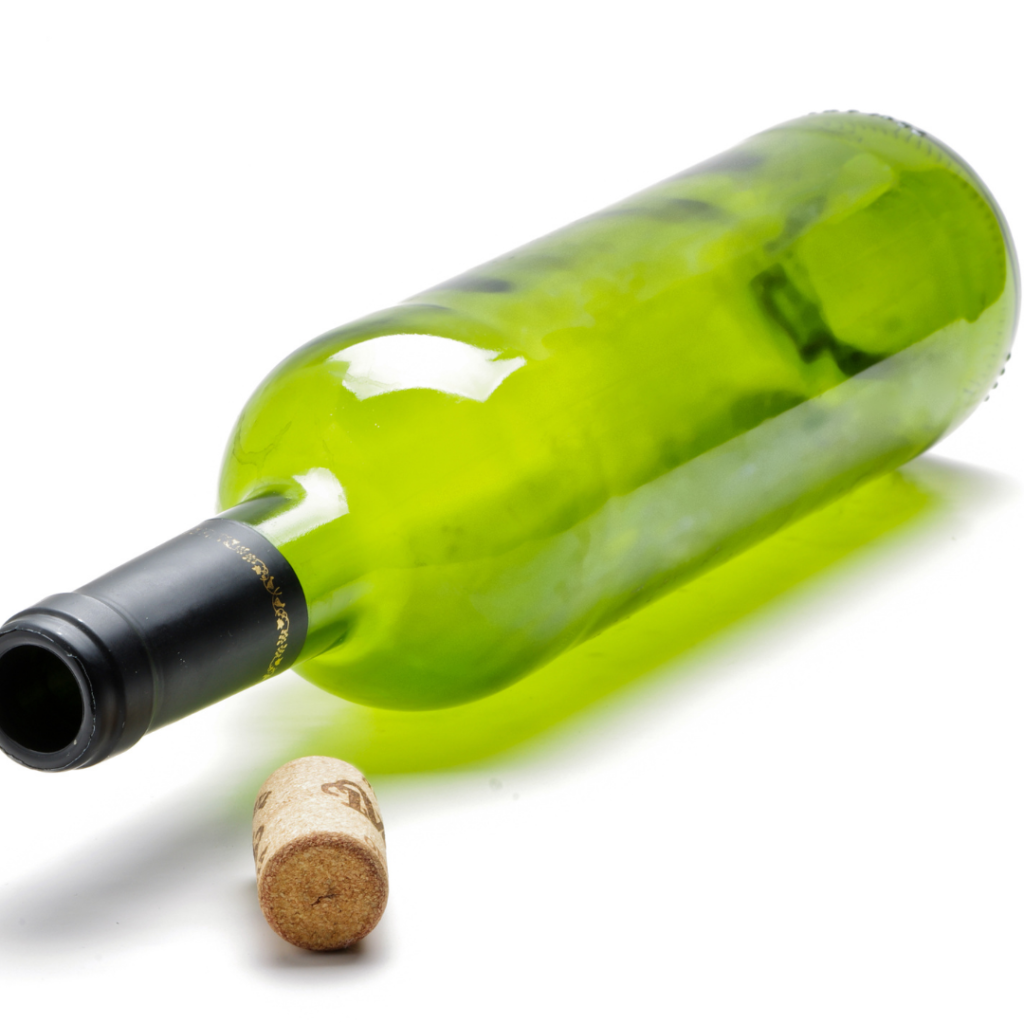
Egg and eggshells
When cracking eggs open, there is a possibility that the eggshell chips and falls into your bowl of eggs. Using a spoon to fish for the stray eggshell could be a herculean task because the shell may keep evading your cooking spoon.
Save yourself that stress by using a larger piece of eggshell to remove the smaller one. Larger eggshells act as a “magnet” to the smaller ones. This technique will save you a lot of frustration and time.
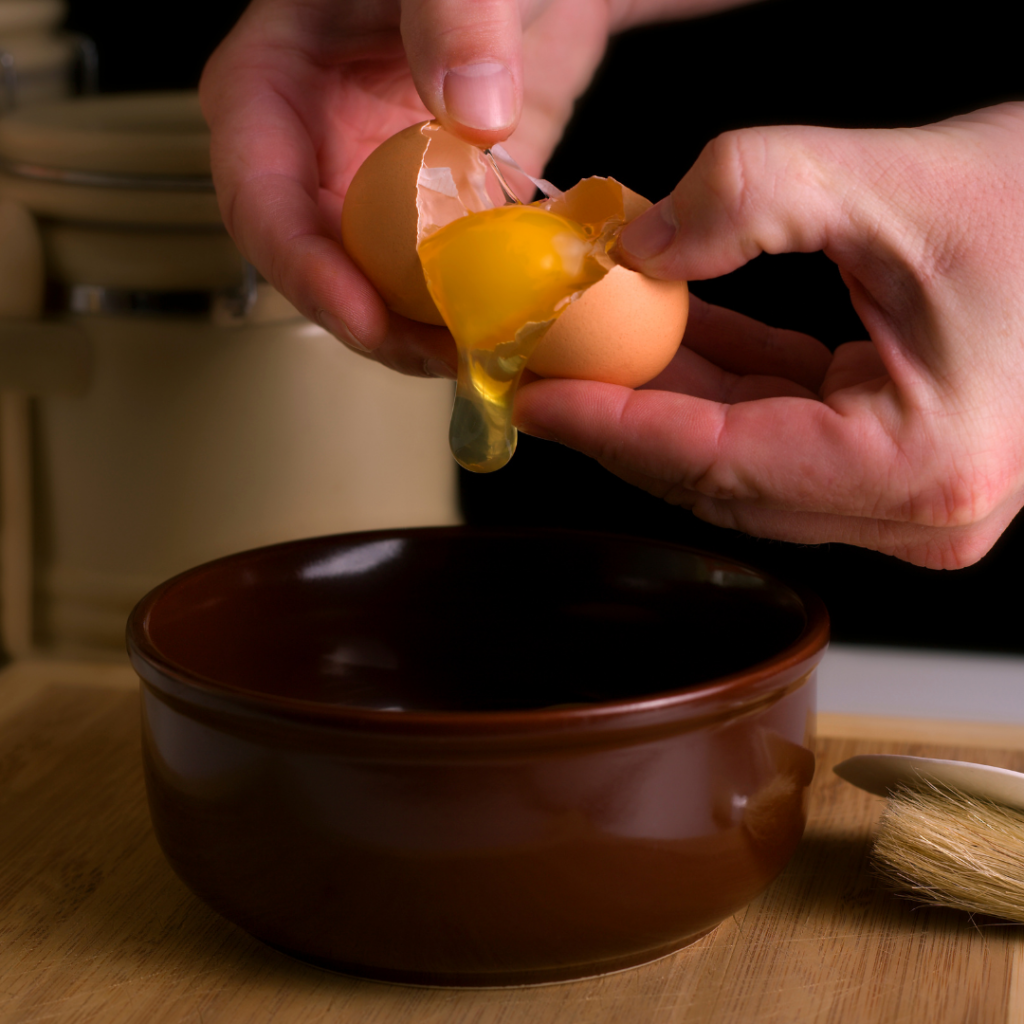
The perfect kiwi peeler
You must make peace with the fact that some of your kiwi will go to waste when peeling it with a knife. Because the skin is too close to the fruit itself, it is almost impossible to peel it with a knife without some part of the fruit going with it. But if you must peel it without wasting the fruit, it would be painstakingly difficult.
Using a spoon is a gentler method that allows you to easily pry away the skin from the fruit more effectively. It is also easier to maneuver. Slice off the ends of the kiwi with a knife and then insert a spoon under the skin to peel it off.
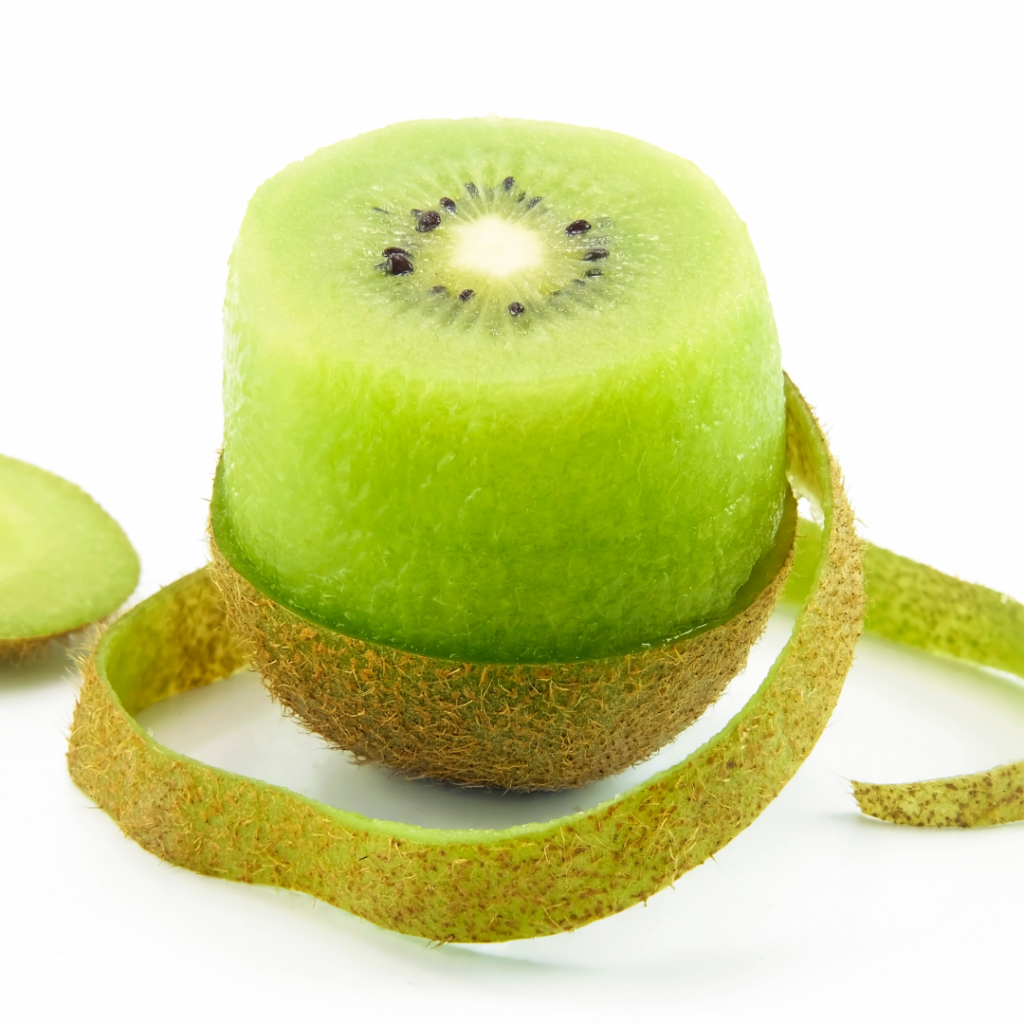
Juicing lemons made easy
When life gives you lemons, make the juiciest lemonades. There is nothing better than a cup of cold lemon juice on a hot day.
To get the most juice out of your lemons, microwave them for 7 to 10 minutes and then roll them back and forth under your palm on your kitchen counter. This will make the lemon more tender and easy to squeeze.
If you don’t want to use all the juice at once, you can put a skewer or chopstick through the side of the lemon to make a hole, instead of cutting it.
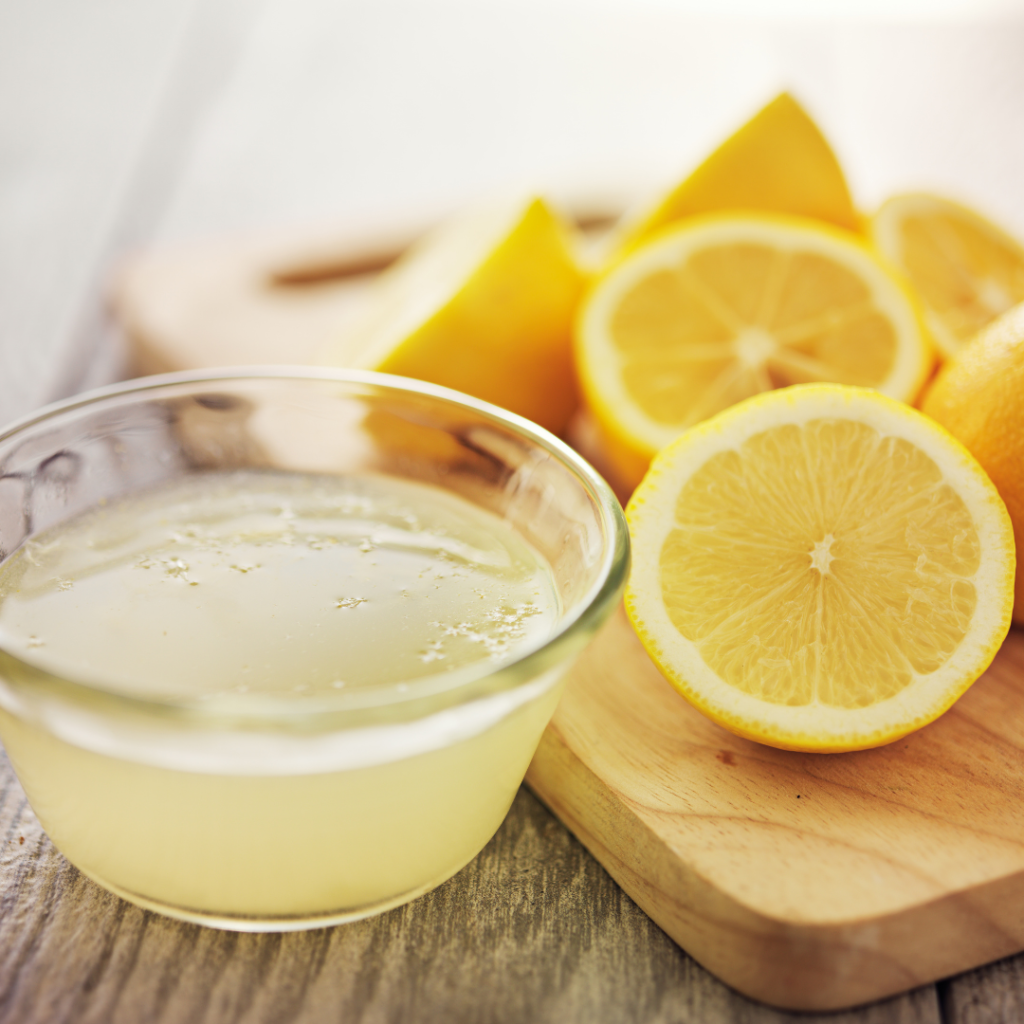
Stinky or Sinky eggs
Rotten eggs can stink up your food and kitchen. The worst part is that you can never really know an egg is rotten until you break it, and it is too late.
The perfect hack is to place your eggs into a bowl containing a generous amount of water and then observe for sinking. As a rule of thumb, remember this: if it sinks, it doesn’t stink. Rotten egg has a lower liquid content and hence more air. This makes it float in a bowl of water. On the other hand, fresh eggs still contain a high liquid content that pushes them to sink in a bowl of water.
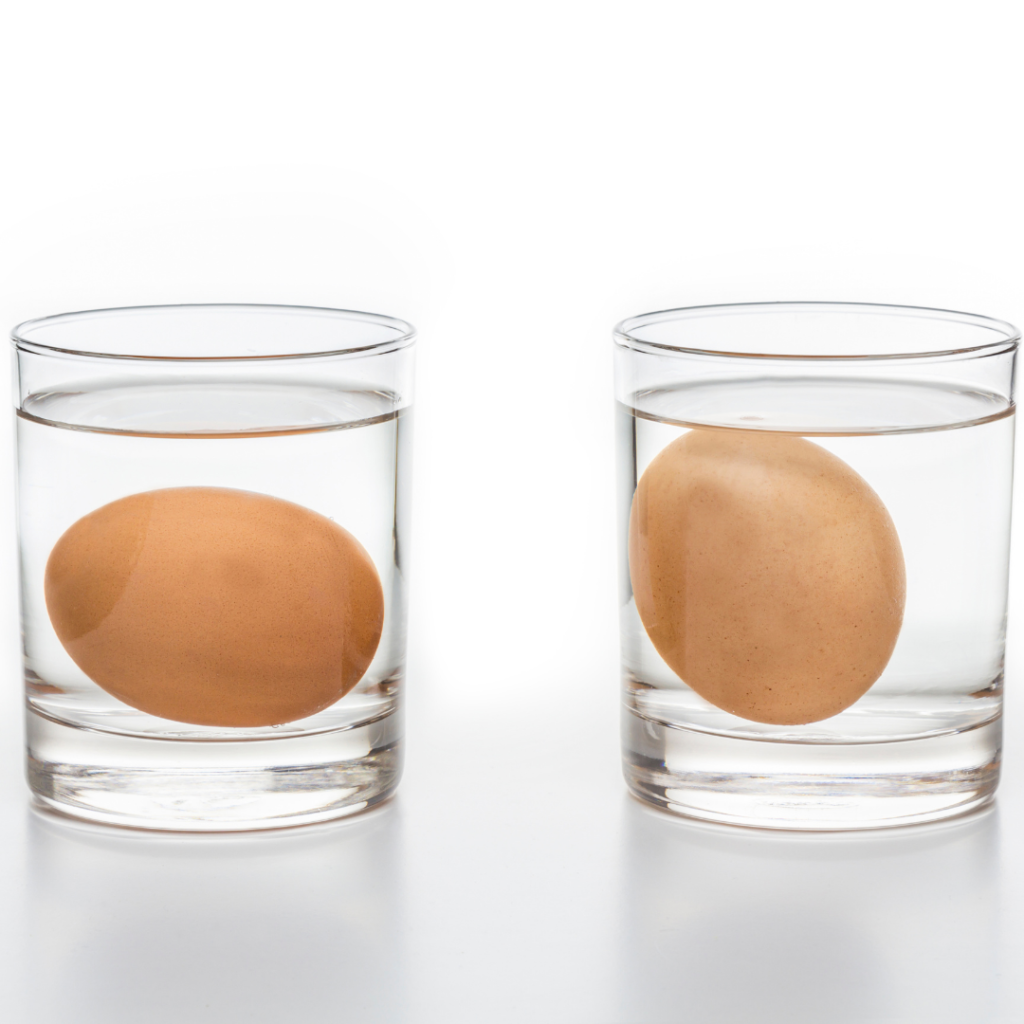
Baking soda is the ultimate dishwasher
Have you ever found a food stain so tough to remove that you considered throwing the dish away? Sometimes, dishwashing soap just doesn’t cut it. In such cases, baking soda is your saving grace.
Apart from its gentle abrasive-like texture, when it comes in contact with water, it reacts with it to release carbon dioxide, which helps to remove tough stains. Combining it with soap can also improve its dishwashing property.
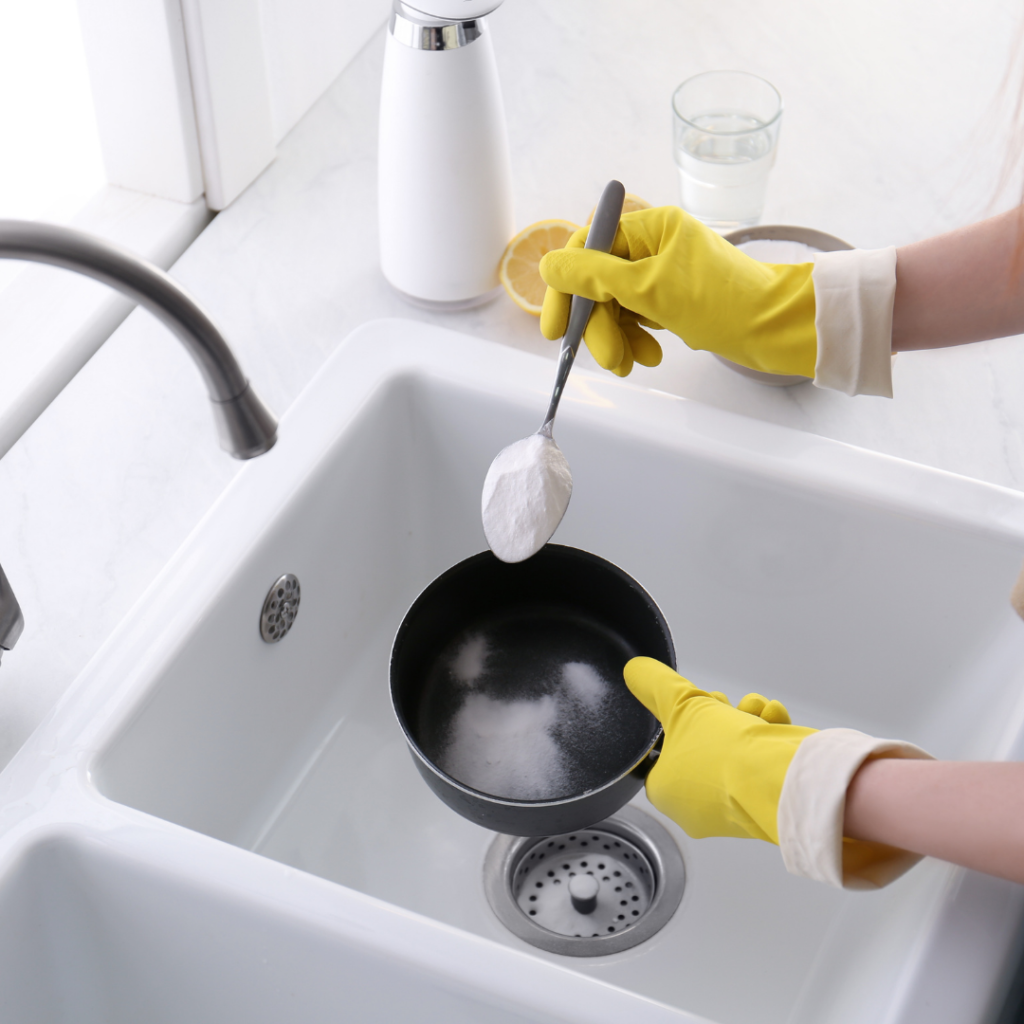
With these simple yet effective cooking hacks, you’ll be well on your way to becoming a kitchen whiz. These tips and tricks will make cooking a breeze. With a little creativity and resourcefulness, cooking can become hassle-free.








